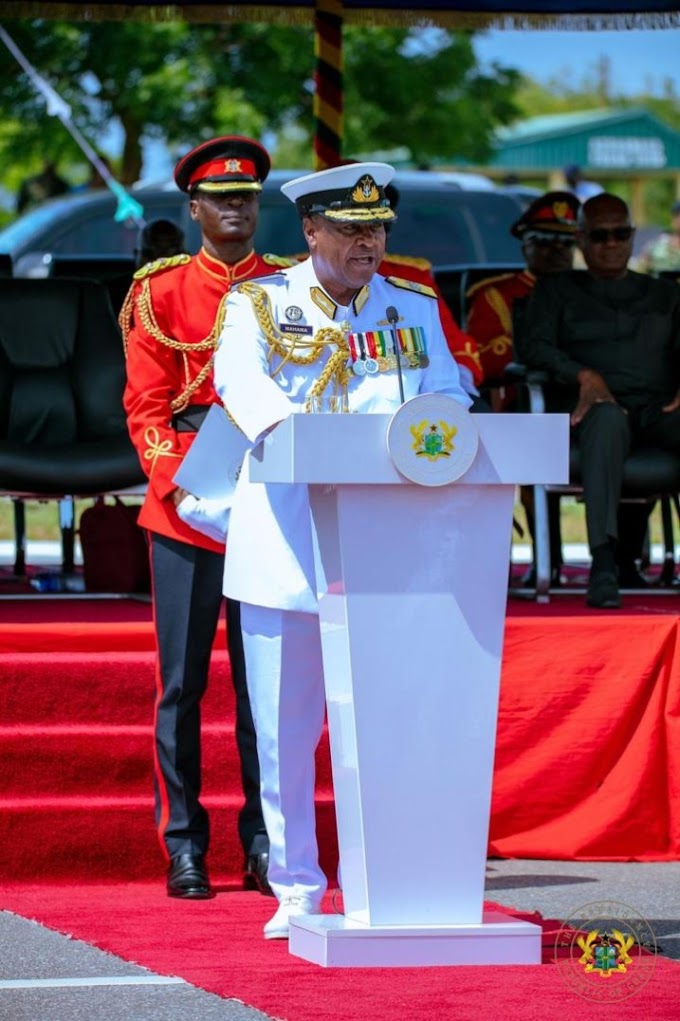The shipment, carried by the vessel CL Jane Austen, highlights a significant step forward for the refinery, suggesting its potential to influence regional gasoline markets.
Data from Vortexa, Kpler, Precise Intelligence, and Bloomberg’s ship-tracking sources indicate that the vessel took on more than 300,000 barrels of gasoline at the Dangote facility before heading west.
The ship is now anchored off Lomé’s coast, a common site for ship-to-ship transfers, prompting questions about the gasoline's ultimate destination.
While this first export is small in the context of global fuel markets, it illustrates the ramping up of operations at Africa’s biggest refinery, which has a daily capacity of 650,000 barrels.
Initially expected to meet Nigeria’s domestic gasoline demand—estimated at around 340,000 barrels per day—the refinery was intended to help the country cut fuel imports. But after starting production in September and improving fuel quality in October, it has faced challenges selling its output due to price hikes.
With fuel prices at the pump soaring fivefold compared to the previous year, affordability has become a major concern. The Nigerian national oil regulator, NMDPRA, projected in August that demand could fall by up to 25% year over year.
On October 29, refinery CEO Aliko Dangote said they were losing money while holding over 500 million liters (about 3.1 million barrels) of gasoline in storage. The company accused low-quality, illegal fuel imports of undercutting its sales and threatened legal action against state oil company NNPC for persisting with fuel imports.
In early November, the refinery tried to sell gasoline overseas by issuing a public tender but withdrew it under public scrutiny. According to three West African traders, the initial tender aimed to sell 40,000 metric tons of gasoline, two of whom said it specified fuel with a sulfur content of 150 parts per million.

.jpeg)


.jpeg)




.jpeg)

Please share your thoughts with us